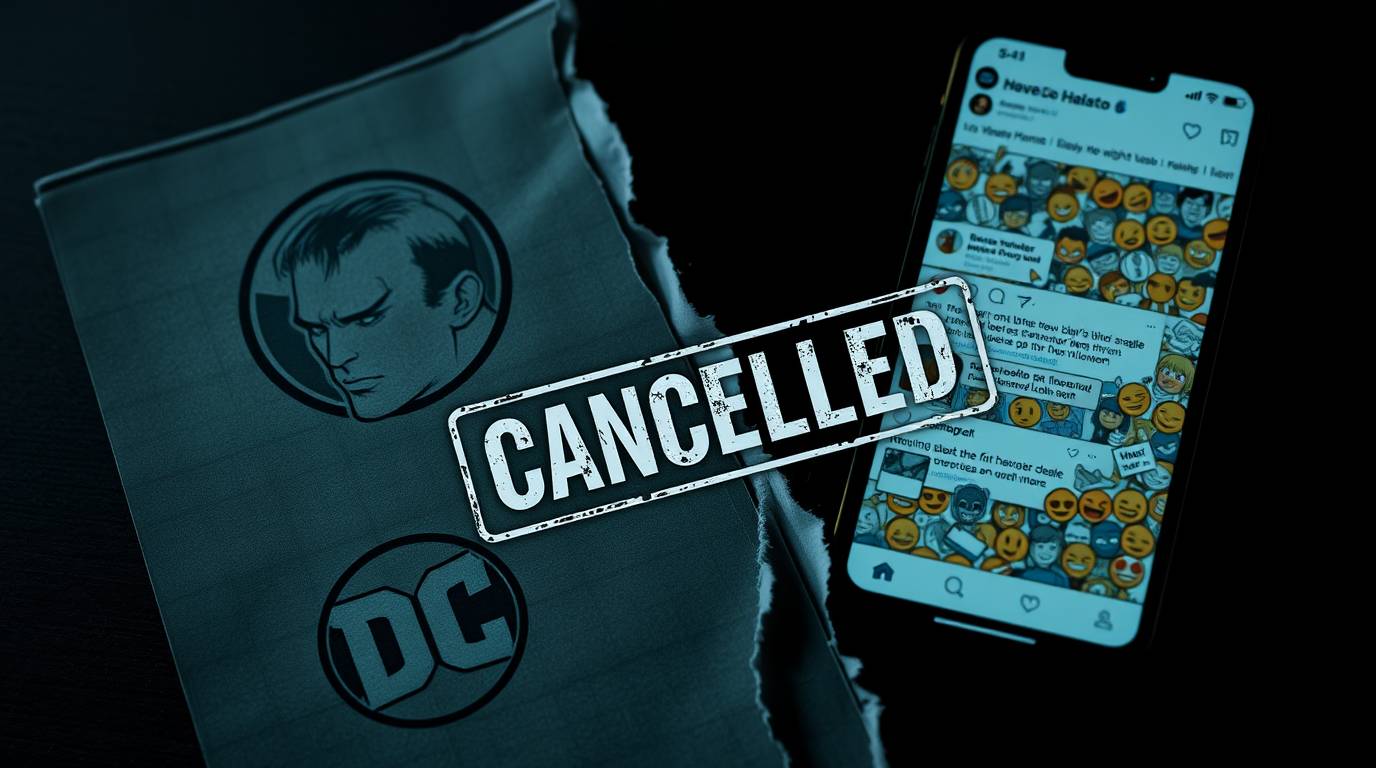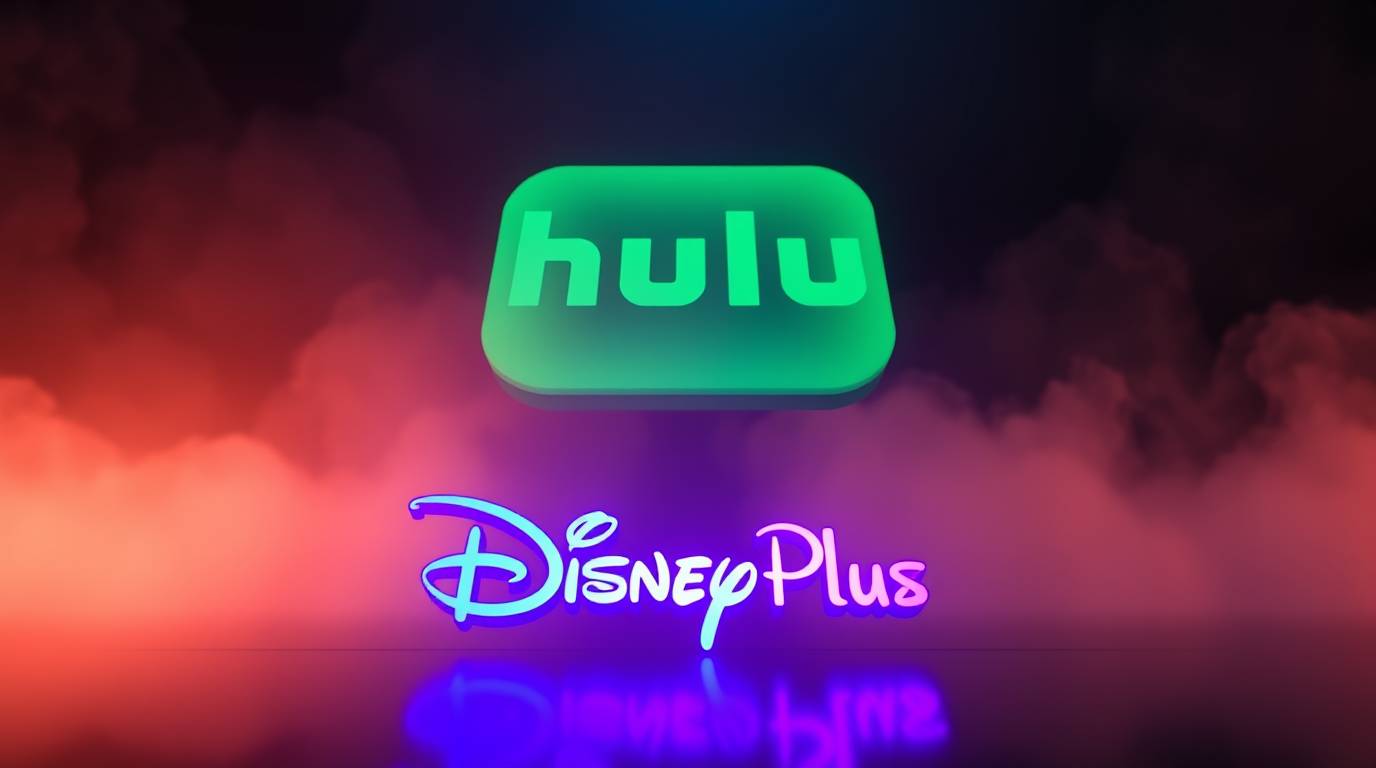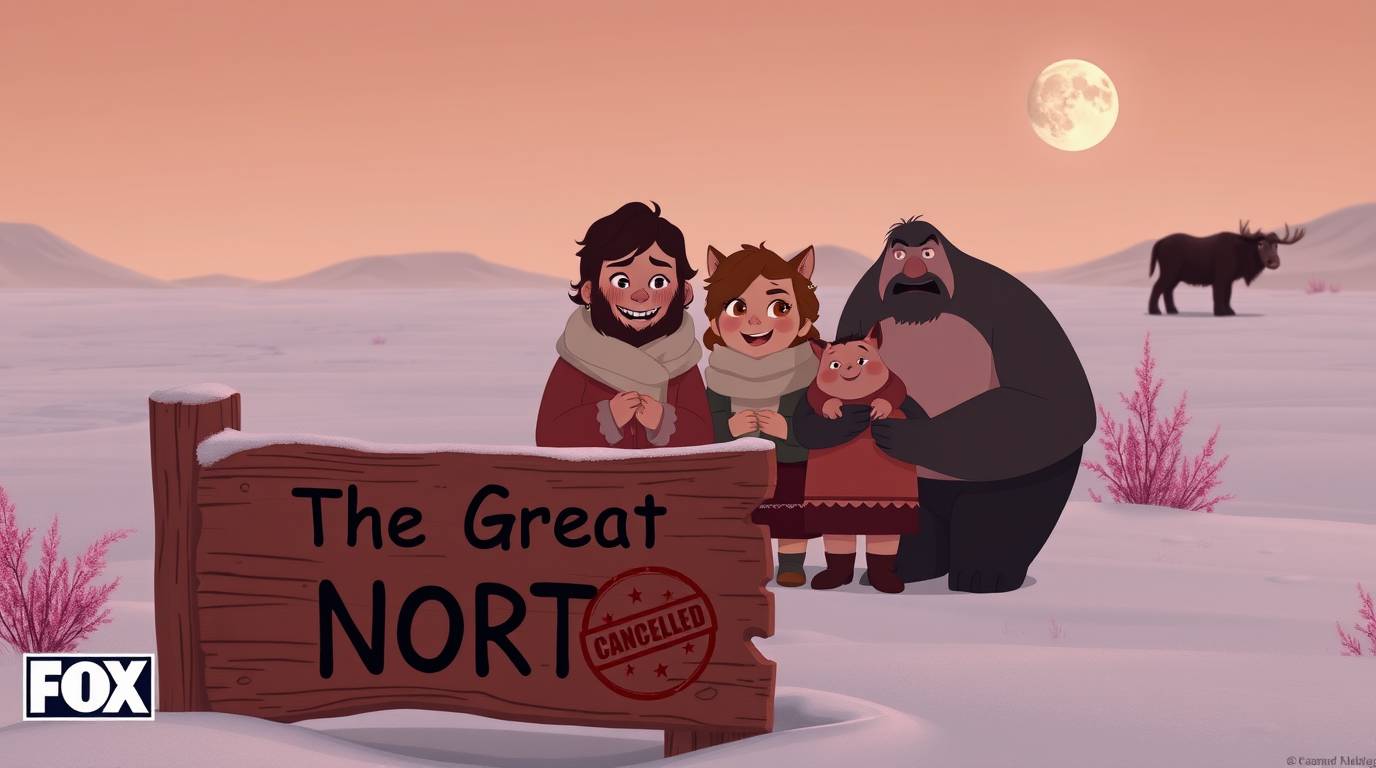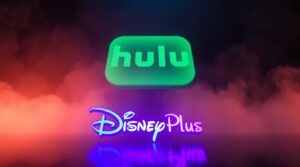Gretchen Felker-Martin: DC Fires Writer, Cancels Series
The comic book industry is no stranger to controversy. However, a recent decision by DC Comics has ignited a fierce new debate. The company made a swift and definitive move: they fired writer Gretchen Felker-Martin and completely canceled her upcoming series. This drastic action stemmed from public comments she made about conservative commentator Charlie Kirk. Consequently, this event raises critical questions about corporate responsibility, creator freedom, and the power of online discourse.
Let’s dive into the details of this unfolding story and its significant implications.
Who Is Gretchen Felker-Martin?
Firstly, to understand the context, we must explore the central figure. Gretchen Felker-Martin is a celebrated author and critic known for her work in horror and transgressive fiction. Moreover, she gained significant acclaim for her novel Manhunt, a dystopian horror story. Her writing often explores themes of gender, sexuality, and body horror through a sharp, socio-political lens. Therefore, her hiring by DC Comics was seen as a bold, modernizing step for the publisher.
The Incident: Charlie Kirk Comments and DC’s Response
The controversy began on social media platform X (formerly Twitter). Gretchen Felker-Martin engaged in a thread discussing right-wing figure Charlie Kirk. Her comments were intensely critical and widely deemed inflammatory by many users.
Almost immediately, a wave of online backlash targeted both the author and DC Comics. Critics demanded accountability for her remarks. In response, DC acted with remarkable speed. The publisher did not issue a public warning or seek clarification. Instead, they severed all ties with the writer and shelved her project indefinitely. This decisive move effectively ended her involvement in the DC Universe before it truly began.
The Immediate Fallout and Public Reaction
The public reaction to DC’s decision was intensely polarized. On one hand, many applauded the publisher for upholding its corporate values and taking a stand against what they perceived as hateful speech. They argued that businesses have every right to protect their brand image from association with divisive figures.
On the other hand, free speech advocates and sections of the comics community condemned the move as a severe overreaction. They expressed concern about creators being fired for personal opinions expressed on personal platforms. Furthermore, they worried this sets a dangerous precedent for artistic expression within the industry.
Broader Implications for the Comics Industry
This event is far more than a single personnel issue. It reflects a persistent tension within modern creative industries. Publishers, like all media companies, now operate in a hyper-sensitive environment where online outrage can translate into real-world business consequences almost instantly.
For instance, the constant threat of “cancel culture” pressures companies to prioritize risk aversion. This often comes at the expense of supporting controversial or edgy creators. The DC Comics controversy highlights this precarious balancing act between creative freedom and brand management.
A Comparison of Recent Comic Industry Controversies
This is not an isolated incident. The industry has faced similar situations before. The table below compares a few notable examples:
| Publisher | Creator Involved | Issue | Outcome |
| DC Comics | Gretchen Felker-Martin | Comments about Charlie Kirk | Terminated and series canceled |
| Marvel Comics | Chuck Wendig | Blog posts critical of politicians | Fired from Star Wars comic book |
| DC Comics | Eddie Berganza | Multiple sexual harassment allegations | Fired after years of allegations |
| Image Comics | Warren Ellis | Sexual misconduct allegations | Completed existing series, no new work |
As the table illustrates, publishers’ responses vary widely based on the nature of the allegation and the surrounding public pressure.
Analyzing the Role of Social Media
Social media acted as the central catalyst in this event. Platforms like X serve as both a public square and a digital courthouse. A single tweet can spark a movement, for better or worse. In this case, the backlash was swift and potent enough to trigger a major corporate decision from a industry giant.
This dynamic empowers audiences but also creates a volatile atmosphere for creators. The online backlash that drives these decisions is not always representative of a broader fanbase. Often, it is a loud, concentrated minority that captures a company’s attention.
What This Means for Readers and Fans
For readers, the cancellation of a promised series is always disappointing. It denies audiences the chance to experience a unique voice within a universe they love. This situation ultimately punishes fans as much as the creator.
However, many fans also want to support companies that align with their personal values. They appreciate when a publisher takes a stand against rhetoric they find harmful. This creates a complex dilemma where artistic merit and ethical principles are often in direct conflict.
The Path Forward for Publishers and Creators
Moving forward, publishers may need to establish clearer public guidelines for their creators’ online conduct. Transparency is key. While companies must protect their brands, a defined process is better than abrupt, reactionary firings.
Similarly, creators now operate under a magnifying glass. Understanding the potential repercussions of their public statements is an unfortunate but necessary part of a modern creative career.
Conclusion: A Defining Moment for Creative Expression
The firing of Gretchen Felker-Martin by DC Comics is a multifaceted event. It involves issues of free speech, corporate accountability, and the powerful role of social media. Ultimately, this incident underscores the challenging landscape where art, commerce, and personal politics increasingly collide.
The conversation it has started is crucial for the future of storytelling. We must find a balance that allows for robust debate and creative risk without enabling genuine harm.
What do you think about this industry debate? Share your thoughts on this complex issue with us online.
Frequently Asked Questions (FAQs)
1. What did Gretchen Felker-Martin say to get fired?
Gretchen Felker-Martin made critical and inflammatory comments about conservative commentator Charlie Kirk on her personal X (Twitter) account. The exact nature of the comments sparked significant online backlash, leading to DC’s decision.
2. What was Gretchen Felker-Martin’s DC Comics project?
DC Comics has not officially disclosed the details of the canceled series. Reports suggest it was a new, standalone project rather than a title involving established major characters.
3. Has DC Comics fired writers for social media posts before?
Yes, DC and other major publishers have parted ways with creators over public statements and allegations. The severity and speed of the response often depend on the public outcry and the nature of the comments.
4. How are fans reacting to the cancellation?
Fan reaction is deeply divided. Some support DC’s decision to protect its brand values, while others see it as censorship and an overstep that punishes artistic expression.
5. Will Gretchen Felker-Martin’s existing books be removed from sale?
No. This decision specifically affects her future work with DC Comics. Her existing novels, like Manhunt, remain published by her independent book publisher and are still available for sale.
👉For more Entertainment news-> Click Here!













